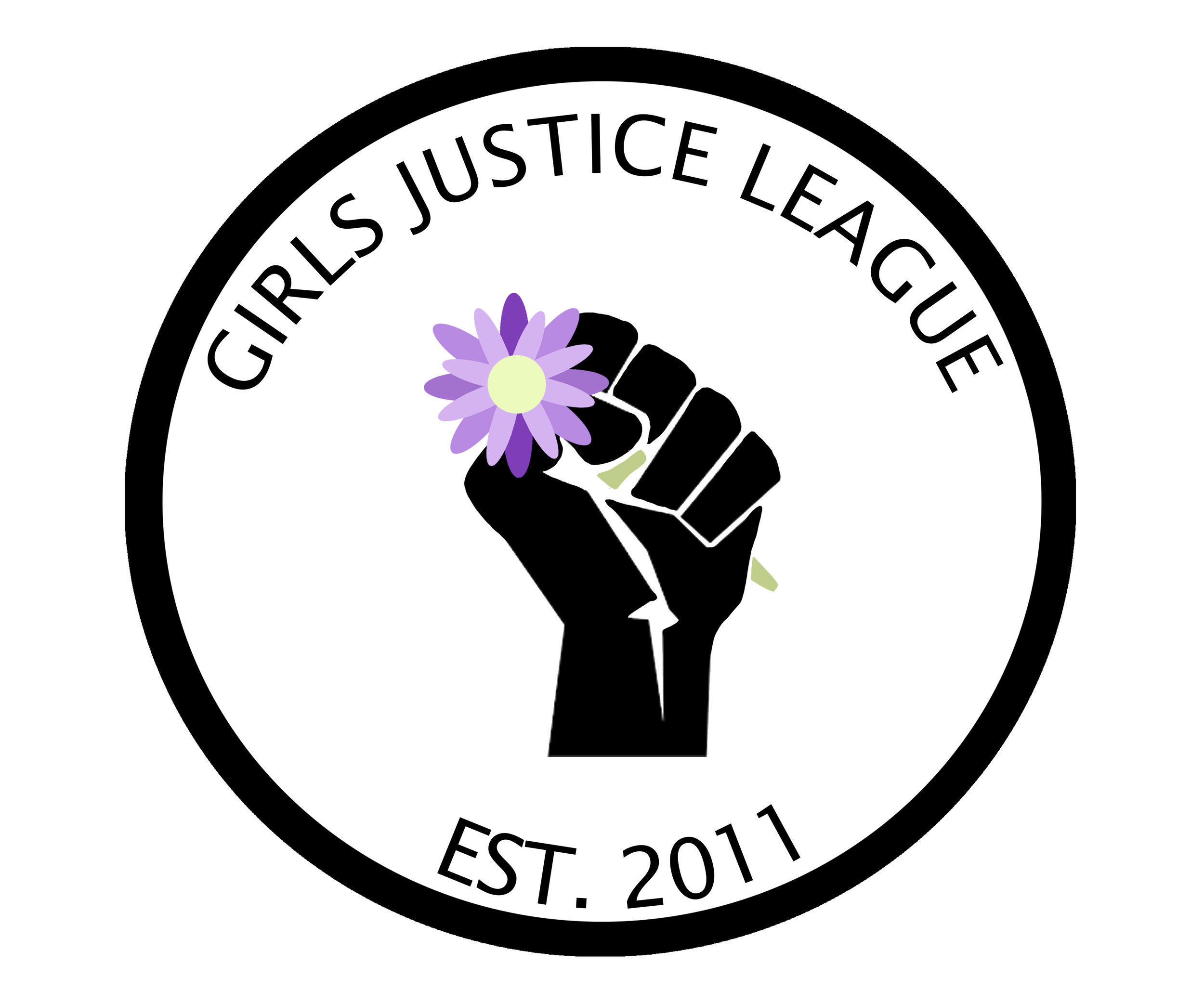Attending a congressional briefing on Maternal Mortality and Reproductive Health
On October 30th, 2017, I was able to attend a congressional briefing on Maternal Mortality and Reproductive Health, which was held at the U.S Capitol Building's Visitor's Center in Washington, D.C. I was able to attend along with Erin Aja Grant, who is the Board Co-Chair of the Abortion Care Network. Being my first time in D.C, it was a memorable experience to listen to a panel of extraordinary women of color share research and testimonies on maternal mortality and reproductive health. I was very unaware of the maternal mortality rate in the United States. You would think that in a country as developed as ours, we wouldn’t have such problems. It is actually a lot safer to have children in Kenya and Bosnia then it actually is in the United States. Charles Johnson was a special guest on the panel, and told the story of his beautiful, vibrant, and exceptionally healthy wife who passed after she gave birth. She began hemorrhaging, and the hospital took way too long to attend to her, and she died an unjust death. There were many prolific speakers at the event, and one that particularly amazed me was Bethany Van Kampen, who is a Policy Analyst at the National Latina Institute for Reproductive Health. What I enjoyed so much about their presentation was how they explained the long and complicated route it takes for someone to have an abortion. She spoke about the 17-year-old "Jane Doe", an undocumented immigrant who was trying to get an abortion in Texas, perhaps the most deadly state to have an abortion. When Jane sought out to have an abortion, she was held in federal custody. Although she had received an order that she was allowed to have an abortion, federal officials refused to allow the procedure to happen. Jane was successfully able to have her abortion in late October. This congressional briefing was an eye-opening experience, and it is nice and heartwarming to know that there are congresspeople such as Robin Kelly (IL-02) and caucuses such as the Congressional Black Caucus Health Brain Trust and organizations such as the Reproductive Justice Initiative that want to talk about this topic that is seldom talked about. Our future can only be successful if we better the lives of women. With how they are being treated now, with complete disregard, the future is dark. We need mothers to be able to come home with their children and to raise the next generation, but we also need to let women have autonomy over their own bodies and their life choices. As a GJL girl, I'm hoping we can have much more discussion about maternal mortality and reproductive rights, especially in regards to our reproductive health project.
- Sarah, 18

